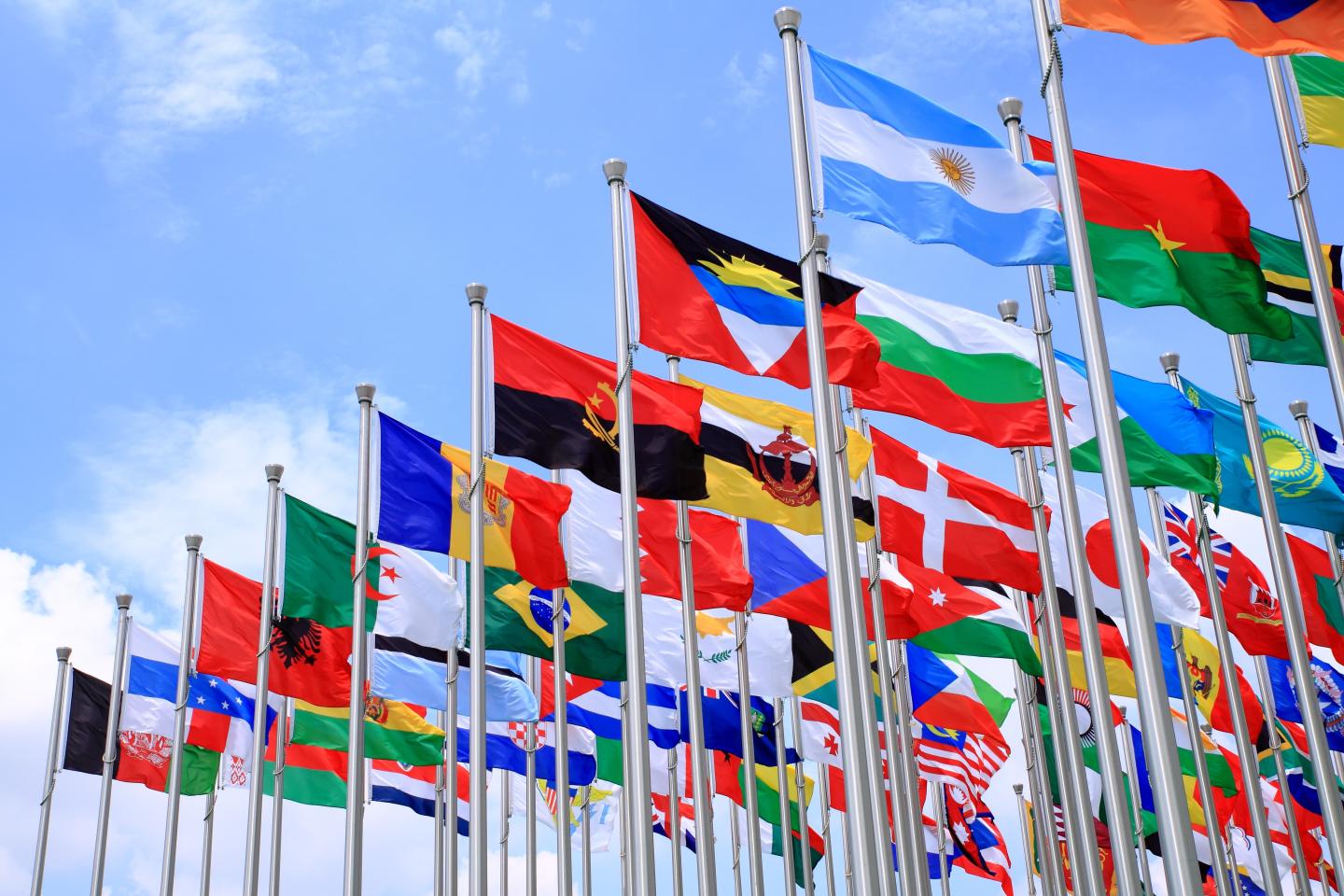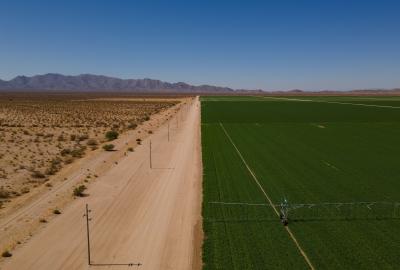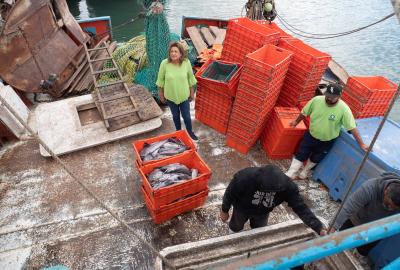The progress the world can — and must — make at UN climate conference
EDF’s Angela Churie Kallhauge on why, despite recent election setbacks, COP29 must kick off a ‘milestone year’ for climate action
This year, elections around the world — including the most recent in the United States — have left us facing a new reality. The work of tackling climate change just became even more challenging.
Meanwhile, recent U.N. reports have underscored a sobering truth: the gap between countries’ current climate commitments and what is needed to avoid the worst impacts of climate change is wider than ever.

It’s easy to see these realities as a sign of defeat, but it only makes coming together globally more important than ever. This week, I am in Baku, Azerbaijan, for COP29, the United Nation’s annual global climate conference. The challenges and opportunities are clear:
For one, we need to move further and faster. Actions taken in the next five years will be pivotal if we are to head off the worst impacts of a warming world. COP29 is a springboard into a milestone year for climate action, as nations unveil updated and stronger national climate plans in the lead-up to COP30 in Brazil in 2025.
Second — and this is perhaps the clearest opportunity to emerge from the elections — is that when faced with weakened political will to fight climate change, we need to empower action elsewhere. Climate advocates need to bring communities along with us in our work. We need to hear and share the stories of people who have been hit by extreme storms, sea level rise, and other impacts of climate change. And we need to work alongside them to ensure that the solutions are designed to improve their lives and address their concerns.
We must also continue to embolden companies to become climate leaders, and make it clear that the fate of their bottom lines is the same as the fate of our planet. And of course, we need to hold our governments and leaders around the world to account.
In Baku, my team and I will be pushing for progress in four key areas:
Slashing methane emissions
Methane is a potent greenhouse gas, more than 80 times more powerful than carbon dioxide in the short term. Cutting methane emissions is one of the fastest ways to slow climate change. Last year, at COP28 in Dubai, 54 oil and gas companies made a bold commitment that could see their cut methane emissions 15% by 2030. This year we need to see promises become action.
And, as countries work on their updated national climate plans, EDF will be advocating for them to include ambitious goals that slash methane emissions, support the transition away from fossil fuels, and reflect community concerns so that the world’s clean energy future is prosperous and just for all.
Transforming food systems
Food and agriculture are responsible for one-third of global greenhouse gas emissions and we urgently need to reduce those emissions while feeding a growing global population.
EDF science has shown that farmers can reduce methane emissions from cows through dietary changes and better manure management, without impacting livestock health. At COP29 we will be calling on companies to adopt these solutions and for countries to include them in their updated national climate plans.
Protecting nature to protect the climate
Forests are not only crucial in capturing and storing carbon; they are also lifelines for local communities and essential to protecting the world’s biodiversity.
At COP29, we will be advocating alongside Indigenous Peoples and local communities for funding that empowers them to take the lead in conserving forests. We are also urging countries to include forest protection in their national climate plans to both safeguard biodiversity and prevent the vast amounts of carbon released when forests are burned or destroyed.
Mobilizing climate finance
Too often, developing countries are unable to get the funds they need for climate action. At COP29, negotiators will be seeking to establish a New Collective Quantified Goal — the amount of money the world needs to mobilize to fight climate change.
This new goal is essential: As countries update their national climate plans, developing countries need to be confident they will have the resources they need to reduce their own emissions and adapt to climate impacts they’re already facing.
EDF will also watch closely as countries discuss rules for carbon markets and international cooperation, known as Article 6 of the Paris Agreement to make sure we can mobilize private sector finance to drive climate action further and faster.
The road to COP30
As countries begin to update their climate plans ahead of COP30 in Brazil, this year’s conference is our chance to ensure they align on solutions that are available today and benefit both people and the planet. The path to real climate progress starts today in Baku. Let’s make it count.
Angela Churie Kallhauge is the Executive Vice President for Impact at Environmental Defense Fund.

